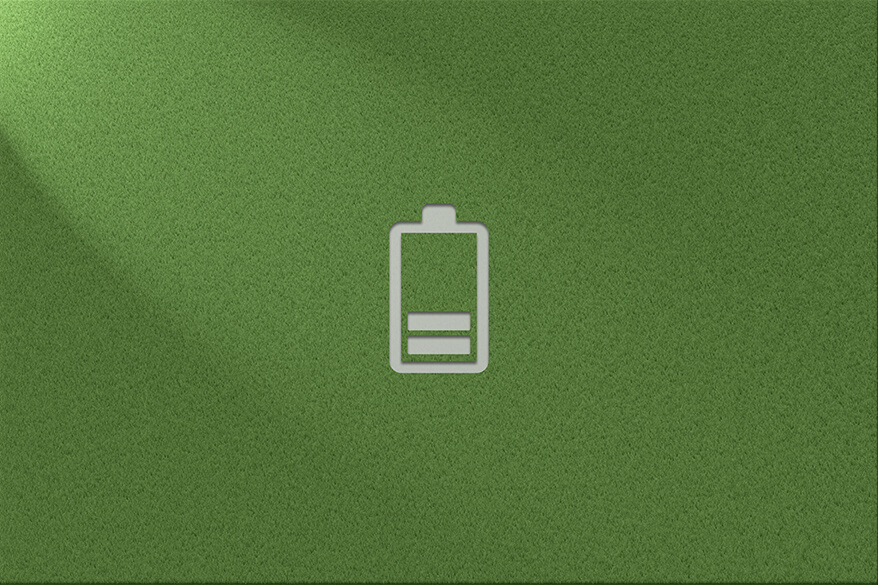How do you know about ultra battery VS lithium ion?
Aug 07, 2019 Pageview:2047
You must have heard about the upgradation in the battery technology. The manufacturers are working so hard to throw the lithium-ion batteries from the top with revolutionary concepts. But it still hasn’t been possible as Lithium-ion batteries acquire more than 70% of the battery market.
Another remarkable upgrade in the battery technology is the Ultra Battery. So, here we are going to learn as much as possible about Ultra Battery and compare it with lithium-ion batteries to understand which one is better.
Which Battery Is Better, Ultra Battery Or Lithium Ion Battery?
As we all know Lithium-ion battery is a type of rechargeable battery which is commonly used in portable devices like electric vehicles, laptops, even in military andspecial. As for Ultra battery, it is a hybrid energy storage device which combines the Ultracapacitor technology and the Lead-Acid battery in a single cell using a common electrolyte.
Usually, when we are determining which battery is better, we compare their certain attributes to draw a conclusion. The most important factors that are considered during measuring up the performance of the batteries include operational life, power, tolerance, and some other common features. So, let’s compare the batteries.
· As a result of the combination of two technologies, there is no doubt that Ultra Battery has more than enough advantages. The first and foremost Ultra-feature of this battery is the longer operational life. Even if the batteries are discharged more often, they won’t lose their capacity and recharge at a better rate than Lithium-ion batteries. Therefore, more energy is stored and for a much longer period of time.
· With Ultra battery, the major advancement is the possibility to replace an individual cell in the battery without affecting others.
· The Ultra Battery even has a fantastic User interface which monitors the system via the Internet. It will be easier to identify the premature failure of any component of the battery at an early stage.
· Ultra Battery can give an instantaneous power output. Due to its hybrid nature, these batteries can be discharged to 100% and when needed, it can support systems in the event of grid blockout.
· Usually, lead-acid batteries are fragile than Lithium-ion batteries. But the Ultra Battery overcomes the flaw as they provide robustness.
· Another impressive feature of Ultra Battery is that it is perfectly capable of operating at partial state of charge. For the lead-acid batteries, the partial discharge has a negative impact on the longevity and overall efficiency of the battery which is not an issue with the Lithium-ion batteries. Luckily, Ultra Battery doesn’t even have this design flaw making it a better alternative.
Charging Tips Of Ultra Battery And Lithium Ion Battery:
Combining the fast charging rates of an Ultracapacitor and the energy storage potential of the Lead-Acid battery was one of the best ideas for the Battery market. But just like other rechargeable batteries, there are some tips that every technology has to follow. Here are some common tips for charging Ultra Battery and Lithium-ion battery:
· Keep the battery at a moderate temperature to reduce internal corrosion which is also known as the parasitic reaction of the electrode and electrolyte.
· Every battery has a fixed lifespan and cycle life. For Lithium-ion batteries, it is better if you discharge them partially. But the Ultra Battery can be discharged fully as the discharge doesn’t have any impact on the power output.
· While handling the battery, make sure that you avoid abuse. Harsh discharge and fast charges stress the battery and it is your responsibility that you minimize the load-related stresses on the battery.
· Unless the battery supports the ultra-fast charge, never try to charge or discharge a battery at a higher rate. Until now, it is only the Nickel Cadmium battery which has the ability to fast charge up to 70% without adverse effects.
· For all batteries, the worst combination is high voltage and extreme temperature. So, make sure that you store the batteries during charge and discharge in a cool place far away from heat.
Talking about charging tips, how can we forget to mention to use the best quality charger for the battery you are using? Prefer using the charger manufactured specifically for the battery and the battery will be fine for as long as possible.
Advantages And Disadvantages Of Ultra Battery And Lithium Ion Battery:
Here are the main advantages and disadvantages of both Ultra Battery and Lithium-ion battery.
Ultra battery Pros:
· Safe, recyclable, and much more reliable than lead-acid batteries.
· Perfectly suitable for irregular charge and discharge pattern.
· Longer lifespan almost twice or thrice as compared to the VRLA battery.
· Charge and discharge rate is fast.
· Cheaper than other batteries and still in competition with Lithium-ion batteries.
Ultra Battery Cons:
· This is a new technology which doesn’t have any evidence that it is as efficient as it seems.
· These batteries are heavy and bulky.
· Lead content can be highly toxic if it is exposed to any living being.
Lithium-ion Battery Pros:
· Well-established and proven technology for a very long time.
· It is compact, light-weight, and has a high energy density.
· Lithium-ion batteries have a greater discharge rate and lower self-discharge than any other battery.
· Greater cycle life as compared to its counterparts.
· Lithium-ion batteries are cheaper and low maintenance.
Lithium-ion Battery Cons:
· Needs active cooling to keep the temperature inside and outside the battery in control.
· There is a risk of fire if the cell gets damaged.
· Repeated complete discharge affects its ability to recharge.
We talk about the Lithium-ion batteries as if all its variants are the same. Yes, there are dozens of them and each one has its weakness according to its application. Even though the battery revolution is going on but Lithium-ion batteries are still leading the charge. So, until there comes a breakthrough moment for the Ultra Battery, it will be better if you continue using the Lithium-ion batteries for now.
- Prev Article: Discussion on Nickel Batteries Vs. Lithium Batteries
- Next Article: What is the life of a lithium-ion battery?
Leave Message
Hottest Categories
-
Hottest Industry News
-
Latest Industry News











